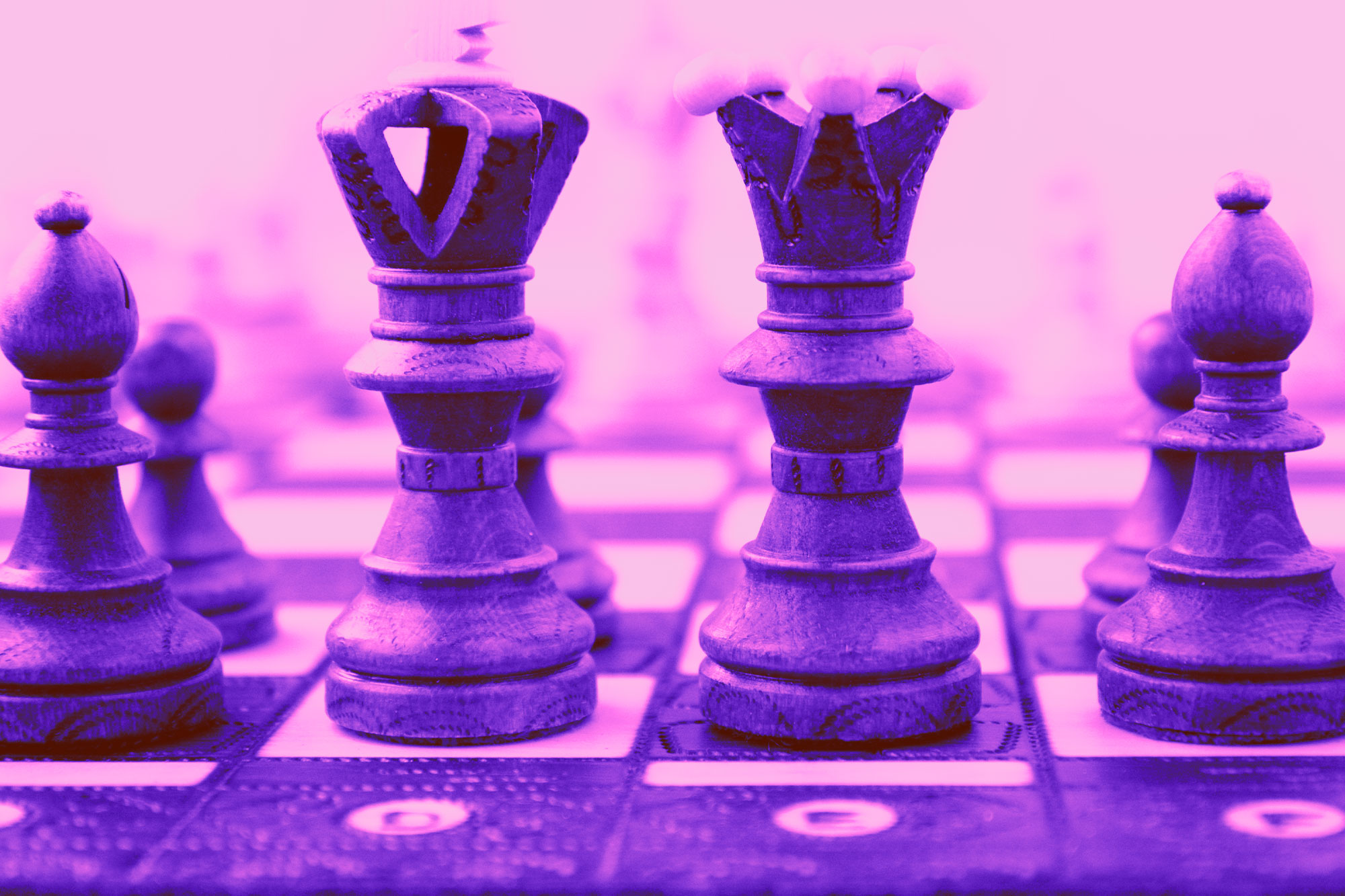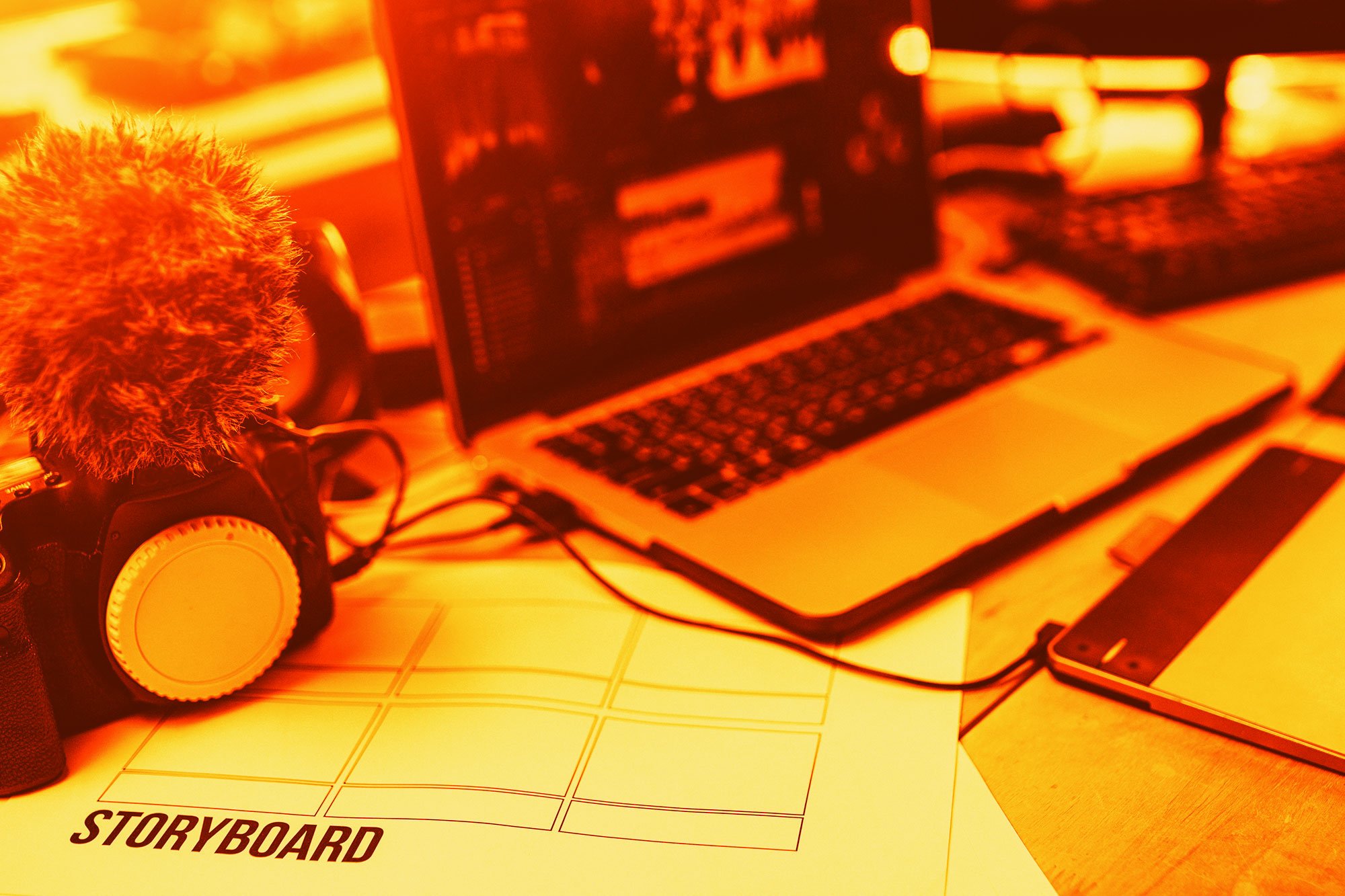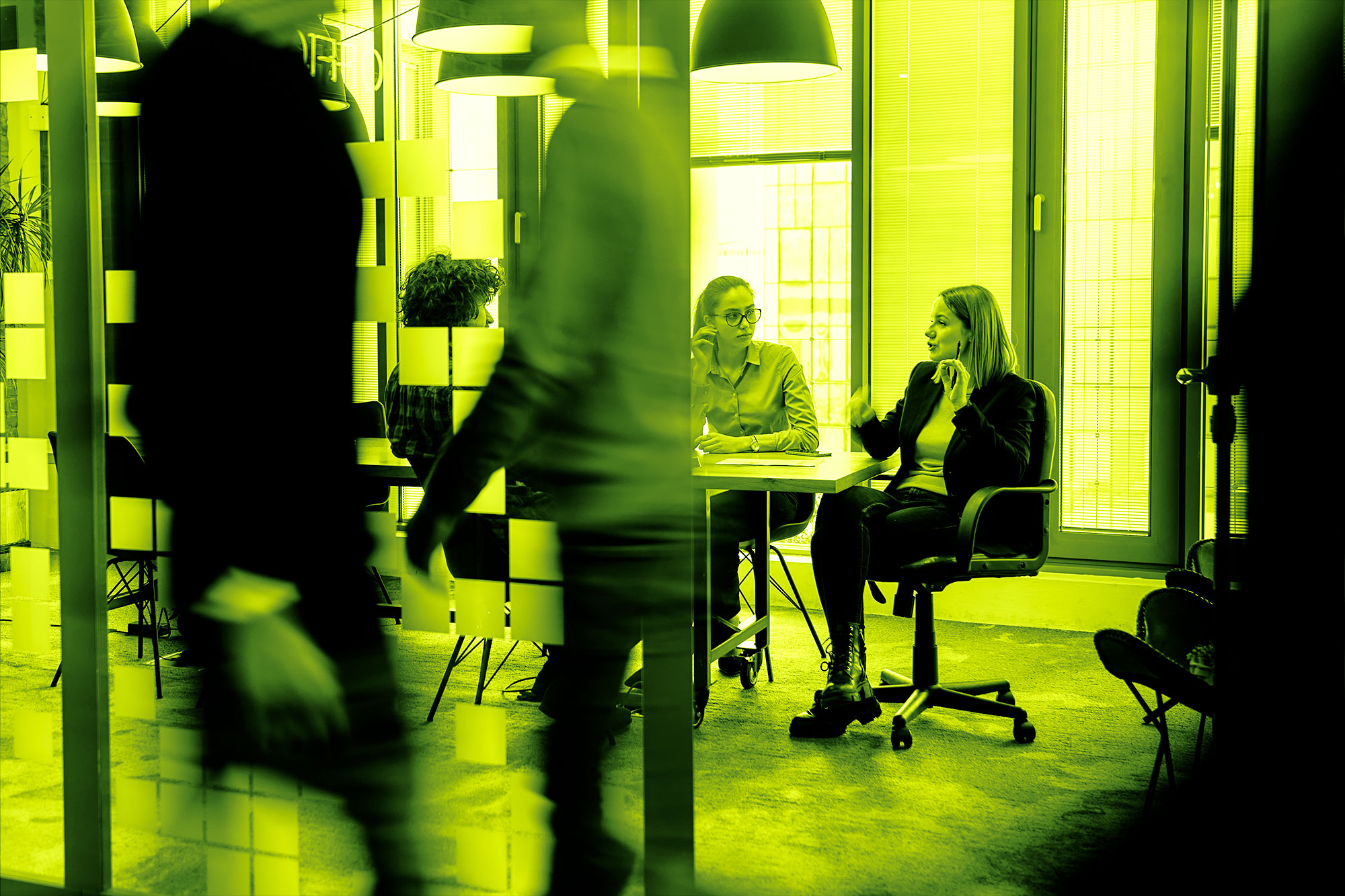It’s those three short words many of us have come to recoil from – ‘the new normal’. We’d not heard this phrase much before 2020 and we’d be happy if we never heard the world’s most famous oxymoron again. Who was it who sanctioned taking the word ‘normal’ from the adjective box and dumping it into the one for nouns where it really doesn’t belong? Language pedants should be up in arms! Besides, surely ‘abnormal’ would be more appropriate to describe a situation that nobody could consider normal in any sense of the word.
What the new normal actually means has been changing seemingly every week and has extended to being asked not to scream on rollercoasters. It’s such a powerful phrase because it conveys the sense of inevitability – it’s the new normal so get used to it. This is perhaps the reason so many object to its overuse in the media, and by politicians and even scientists. There is an implied sense of permanence and we are left wondering if the old normal will ever come back.
The language of the lockdown is a fascinating subject to observe, especially as a writer, as a whole new vocabulary has sprung up over the past few months. Language has a powerful effect on our emotions and when we are exposed to negative vocabulary such as crisis, restrictions, quarantine, panic, unprecedented and death count, day after day after day it is bound to sink into our subconscious and have an effect on our psyche.
Many also question the widespread use of the term ‘lockdown’ itself. Dictionary definition, “the confining of prisoners to their cells, typically in order to regain control during a riot.” It is one thing to voluntarily stay at home to fight the spread of the virus, but ‘lockdown’ can conjure up feelings of being under house arrest in one’s own home and removes the concept of volunteering from the equation.
Another phrase nobody had ever heard before this year is social distancing – another oxymoron, which should have been dubbed anti-social distancing due to the effect it has on human relationships. Then there is the increasing use of uncertain, especially ‘we’re living in uncertain times’ and ‘we are uncertain of the outcome’. Similar to ‘unprecedented’, these words have dozens of synonyms, but the politicians and media have come to rely on these phrases to push home the point. It would be nice if they could have the imagination to conjure up some more uplifting alternatives.
On a lighter linguistical note, some creative souls have come up with a whole dictionary’s worth of lockdown lingo which may or may not end up in the dictionaries published in 2021, but can certainly give us a chuckle. Of the lockdown slang which has sprung up all over the place online, some of the stand outs include:
- Coronials – “The generation born between December 2020 and March 2021, as a result of the enforced quarantining of their parents due to the Covid-19 pandemic” – Urban Dictionary.
- Quarantinis – “experimental cocktails mixed from whatever random ingredients you have left in the house.”
- Coronacoaster – “The ups and downs of your mood during the pandemic. You’re loving lockdown one minute but suddenly weepy with anxiety the next. It truly is “an emotional coronacoaster”.
- Blue Skype thinking – “a work brainstorming session which takes place over a videoconferencing app.”
With so much negativity around the language of lockdown, finding such humour in it is important to maintaining our psychological wellbeing and to deal with adversity during what hopefully will actually turn out to be only a ‘temporary normal.’







